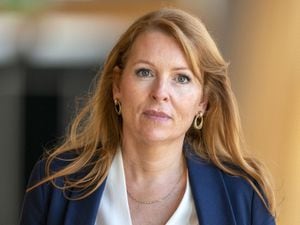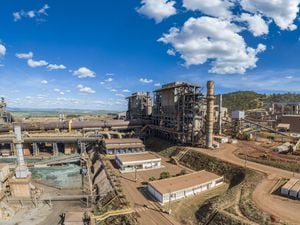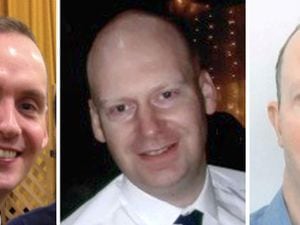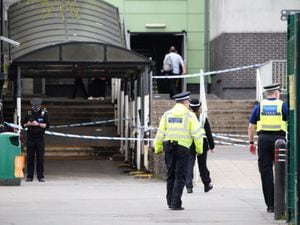Pledge of free breakfasts for pupils could cost more than £60m, Tories admit
If half of children take up a free breakfast, then costs could rise to between £200-400 million, according to an expert.
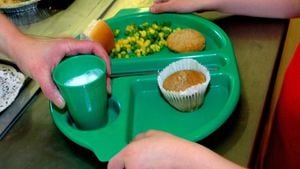
A Conservative pledge to offer all primary school children a free breakfast could cost more than £60 million, the party has acknowledged.
The price could escalate if many more youngsters than expected take up the offer, a spokesman said, although he added that evidence suggests that take-up will remain similar to that in previous trials.
The admission comes as experts warned that the policy may be significantly underfunded, and could run to hundreds of millions of pounds.
In its General Election manifesto, the Conservative Party pledged to scrap universal free lunches for infant school children in England, but said it would instead offer a free breakfast for all primary school pupils.
Evidence shows that a free school breakfast is as effective at helping children learn as a hot meal at lunch, the party said, and can be delivered at a tenth of the cost, at around £60 million a year.
An evaluation published last year found that six and seven-year-olds (Year 2) attending schools with a breakfast club made an extra two months’ progress in reading, writing and maths compared with those in schools that were not given support to offer breakfast.
A Conservative Party spokesman said: “We’re promising to set up a free breakfast club, similar to the ones that the EEF/IFS said were as useful as universal infant free school meals, so that every child who would like a breakfast in school can have one.
“These clubs didn’t have 100% uptake – only around 25% of children attended, as in a Department for Education trial of breakfast clubs – but they still had positive effects for all the children in the school.
“If many more children now start eating breakfast in school then the costs will go up, but the evidence of two large trials is that they won’t.”
But Rebecca Allen, director of Education Datalab, said: “We think they are under-costing free breakfasts in primary schools by say something like a five-fold factor. They say it’s going to cost £60 million but we think it’s going to cost something over £200 million to £400 million.”
According to a blog by the think tank, around 23% of the youngsters at the schools involved in the Magic Breakfast trial took up the offer of free breakfast.
Taking into account factors such as food costing 25p per pupil, a breakfast club lasting an hour, staffing costs, and take-up of 20%, Education Datalab estimates that it could cost £174 million a year, equivalent to £1.25 per pupil who has a free breakfast, per day.
If half of children take up a free breakfast, then costs could rise to more than £400 million.
Ms Allen said: “If breakfast clubs in schools act as a proper childcare substitute, we would presume in the long run parents would switch from their existing provision of childminders and commercial providers into free breakfast clubs.
“Therefore we feel take-up would be substantially more than 23%.”

